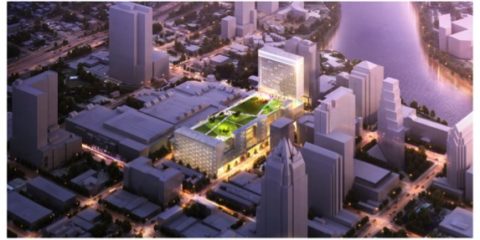Technical Assistance Panels
The Urban Land Institute has a long history of providing unbiased, pragmatic solutions and best practice advice on land use and sustainable development. Since 1947, Advisory Services Panels have helped communities find strategic, practical solutions for the most challenging issues facing today’s urban, suburban, and rural areas through bringing outside points of view. If you are interested in ULI’s advisory service offerings at the national level, please refer to the national Advisory Services page.
Through ULI Northwest Arkansas, nonprofit and municipal leaders have access to a unique perspective and a multidisciplinary team of real estate experts whose collective advisory guidance can only be found in one organization. A ULI NWA Technical Assistance Panel (TAP) provides comprehensive and strategic advice in response to a specific land use or development assignment at the local level.

Why use a TAP?
Using a TAP leverages the expertise of local ULI Members, provides a non-partisan recommendation, and can help garner an unbiased opinion to your issue.
TAPs provide strategic advice to help communities, companies and organizations address key land use and real estate development issues. In addition, they provide a sounding board for cutting-edge issues in suburban and urban markets, such as infrastructure, water, building healthy places, workforce and affordable housing, and other policies.
ULI NWA looks forward to working together to identify challenges and provide recommended solutions for complex land use planning and development projects, programs and policies for your real estate and land use issues.
The Technical Assistance Panel Process
Pre-Panel: Information gathering in cooperation with the sponsoring organization to prepare a briefing book summarizing land use assignment.
Panel: Range from a half day to two full days on-site with ULI member experts focused on the land-use challenge. They are informed by a private sponsor briefing, confidential stakeholder interviews and feedback from the community, and concluding with private recommendations to the sponsor.
Post-Panel: Presentation highlighting the outcomes of the panel, printed report summarizing assignment and outlining practical recommendations for next steps, program follow-up on one, six, and 12-month basis.
